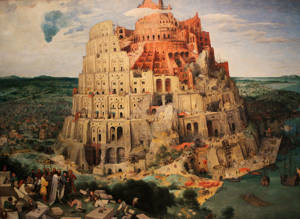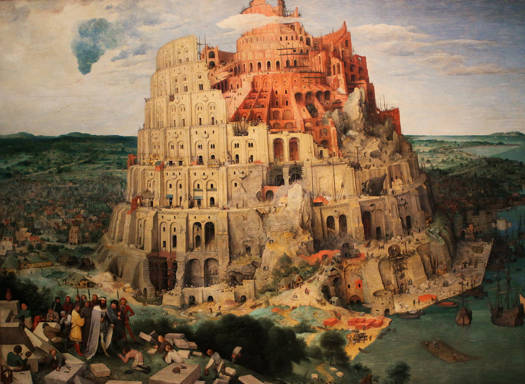
- Afhalen na 1 uur in een winkel met voorraad
- Gratis thuislevering in België vanaf € 30
- Ruim aanbod met 7 miljoen producten
- Afhalen na 1 uur in een winkel met voorraad
- Gratis thuislevering in België vanaf € 30
- Ruim aanbod met 7 miljoen producten
Zoeken
€ 13,45
+ 26 punten
Omschrijving
A description of tobacco: "a kind of dried herb, placed in a dried leaf, like a musket made of paper like those made by children for the feast of the Holy Spirit; and then, lighting one end, they take in from the other, by inhaling, the smoke, which numbs the flesh and almost intoxicates". The treatises of Bartolomé de las Casas are a plea for the plight of the indigenous peoples of South America; the best known of these writings, 'Brevísima relación de la destrucción de las Indias', was not published until 1552. Along with passages like the one cited above, with passionated descriptions of the New World, Bartolomé de las Casas reflects on the Conquest and its legacy. Descripción del tabaco: «son unas hierbas secas metidas en una cierta hoja, seca también, a manera de mosquete hecho de papel, de los que hacen los muchachos las pascua del Espíritu Santo; y, encendida por la una parte dél, por la otra chupan o sorben o reciben con el resuello para adentro aquel humo, con el cual adormecen las carnes y casi emborrachan». Los tratados de Bartolomé de las Casas son alegatos en favor de los indios; el más conocido de éstos, Brevísima relación de la destrucción de las Indias, no fue publicado hasta 1552. Junto a pasajes como el anterior, con apasionadas descripciones del Nuevo Mundo, Bartolomé de las Casas reflexiona sobre la Conquista y sus secuelas.
Specificaties
Betrokkenen
- Auteur(s):
- Uitgeverij:
Inhoud
- Aantal bladzijden:
- 93
- Taal:
- Spaans
- Reeks:
Eigenschappen
- Productcode (EAN):
- 9788496290099
- Verschijningsdatum:
- 1/05/2004
- Uitvoering:
- Boek
- Formaat:
- Trade paperback (VS)
- Afmetingen:
- 149 mm x 210 mm
- Gewicht:
- 108 g

Alleen bij Standaard Boekhandel
+ 26 punten op je klantenkaart van Standaard Boekhandel
Beoordelingen
We publiceren alleen reviews die voldoen aan de voorwaarden voor reviews. Bekijk onze voorwaarden voor reviews.








